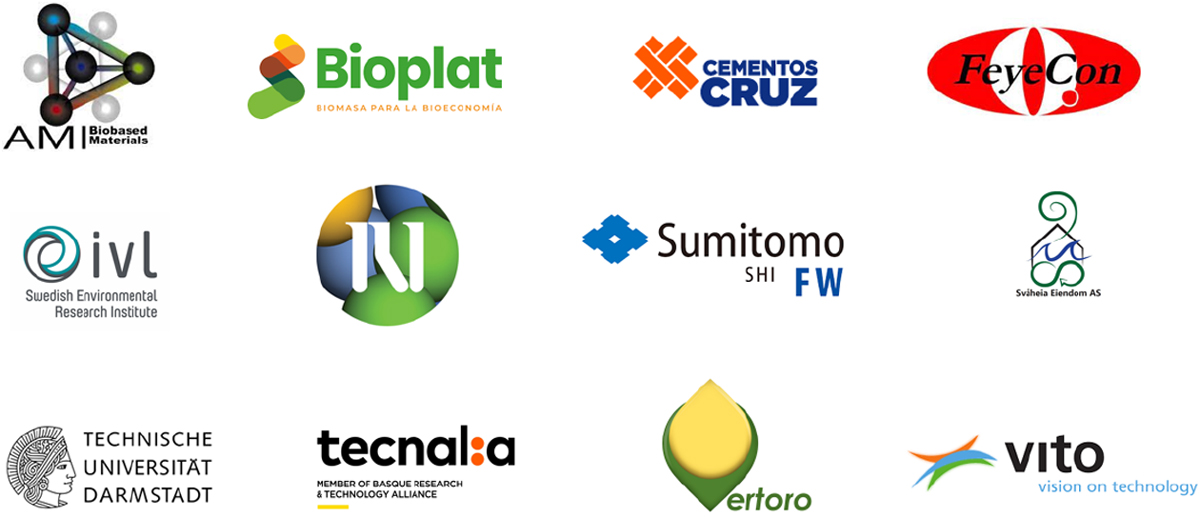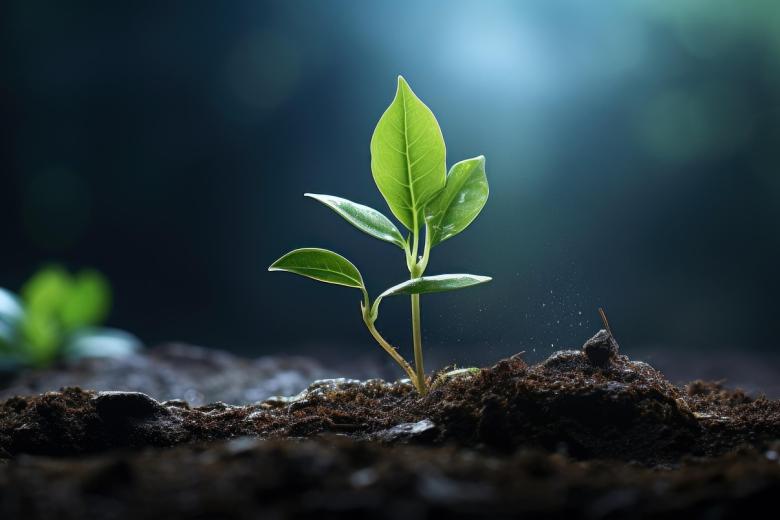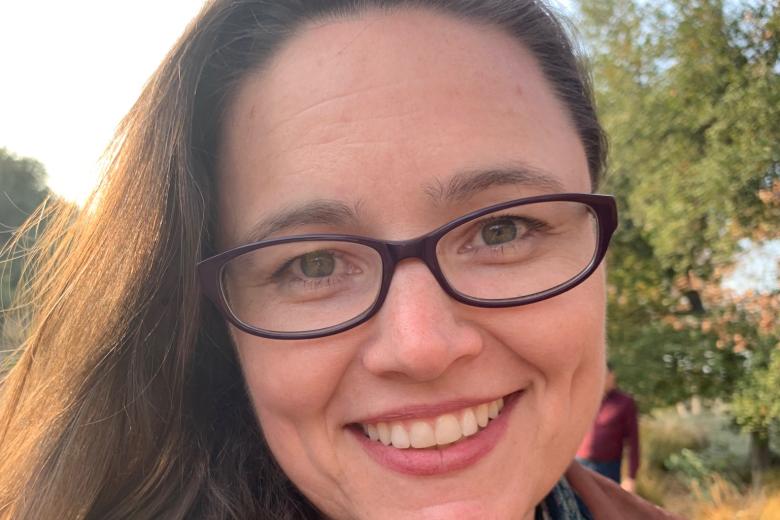CARBIOW project will help Europe to take the lead in energy and transport sector decarbonization
An extraordinary multidisciplinary and multinational team will work together the next 42 months developing innovative and sustainable processes to produce biofuels from organic waste with negative emissions
CARBIOW (Carbon Negative Biofuels from Organic Waste) is a new research and innovation project funded by the European Climate, Environment and Infrastructure Executive Agency (CINEA) that addresses green transition and circular economy by proposing novel technologies that cover the whole process of conversion of organic waste to biofuels. The 42-months project has virtually held its kick-off meeting last 3rd November and officially started to work together in the planning of the work to be done the next months.
The goal of CARBIOW is to establish an efficient and scalable process to convert the Organic Fraction of Municipal Solid Waste (OFMSW) and other hard-to-utilize solid organic wastes to biofuels with the following key targets:
- Establishing a new pre-treatment process of OFMSW where a cleaner, denser, carbon-rich, dry, and homogenous solid biofuel is produced
- Utilization of pure oxygen (nitrogen-free gas) in combustion and gasification to produce clean syngas
- Carbonization of gasification ashes with CO2 through innovative carbonation technique to decarbonize the cement industry and address carbon negativity
- Production of Fischer-Tropsch fuels for the maritime and aviation industry. The latter target will focus on the production of alcohols for maritime, and kerosene for the aviation sector
The ambition of CARBIOW is closely contribute to the key aspects of sustainable development, green transition, and (bio)circular economy by:
- Establish novel techniques such as torrefaction for organic waste pre-treatment and clean biofuel production
- Boost novel technology advancement in oxy-conversion of waste biofuels
- Valorization of OFMSW as a reliable, abundant, and secured source of biomass and collaborating to establish true bioeconomy
- Decarbonization of hard-to-abate sectors like aviation and maritime
- Decarbonization of large industries such as cement through CO2 fixation by promoting innovative and efficient techniques and generation of new negative carbon footprint mineral feedstocks
The consortium is composed of 12 partners spread around Europe: FeyeCon, Universiteit Maastricht and VERTORO from the Netherlands, IVL Svenska Miljoeinstitutet from Sweden, NIC from Slovenia, Svaheia Eiendom AS from Norway, Sumitomo SHI FW from Finland, Technische Universitat Darmstadt from Germany, VITO from Belgium, and BIOPLAT, Cementos La Cruz, and the leader, Fundación Tecnalia Research & Innovation, from Spain.
The diversity, excellence and strength of the experts within the consortium of CARBIOW guarantee the technological, technical, and societal advancement of the project.

Also read
-
How do plants make their secret weapons? Clever new tool helps scientists to find out.
Dutch scientists created MEANtools, a smart tool that reveals how plants make specialised compounds, reducing lab work.

-
AI's moral architects: neither demi-gods nor code monkeys
Who’s to blame if AI goes wrong? And who’s responsible for it not having a negative impact in the first place? In her PhD thesis, "A Showing of Hands: Making Visible the Ethical Agency of AI Developers", Tricia Griffin looks at the people behind the technology and the clichés. She argues that we...

-
Engaging parents in AI: Maastricht University strengthens science literacy in Limburg
How can parents gain a better understanding of what artificial intelligence (AI) means for their child’s education? At Maastricht University, Martijn Boussé and colleagues are launching an innovative project that actively involves parents of secondary school pupils in Limburg in the development of...
